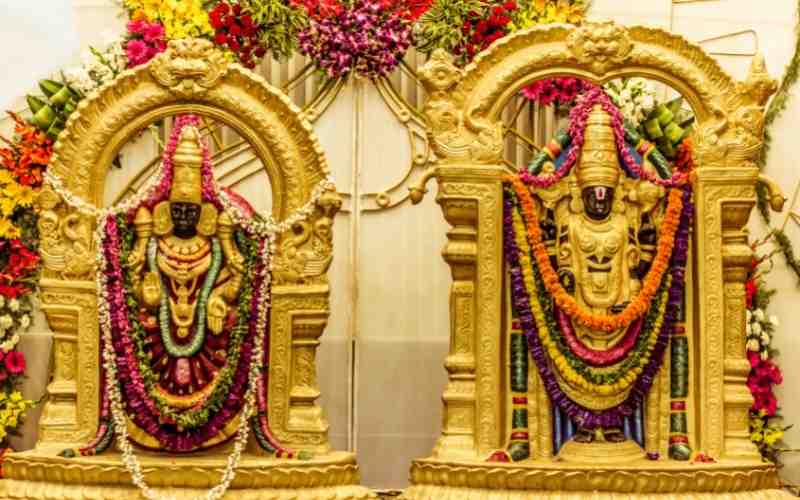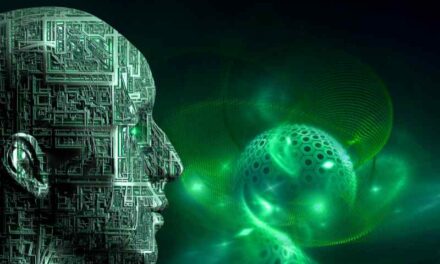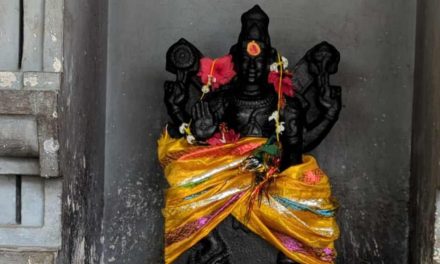A scientific approach to spirituality and understanding the concept of gods would need yogic practice. Which would necessitate facts being realized and confirmed rather than just stated by reason or word-play, as required by scientific principles.
For a systematic approach to spirituality, a technique relevant to the topic of investigation will be required. We must allow for fresh facts and realizations to assert themselves in the individual’s sense of God and manifest awareness if the focus of the inquiry is God, whom we at least instinctively characterize as infinite.
All Gods, according to Hinduism, are manifestations of the One Transcendent, who transcends Time, Space, and all that is and everything that may ever be. As a result, every god is merely a partial or bigger expression of That which surpasses all other manifestations of God.
The Hindu takes a methodical approach to discover the wellsprings of life, and he is successful. He refuses to be swayed by concepts that might restrict his experience and realization of God and Godhood in his life.
Moreover, there are many people who take the above stories seriously and engage in combat with others, claiming that they serve as the foundation for their belief – they will then label other scripts that do not depict their gods in the manner of their belief as false, inferior texts, or even worse, as having been incorrectly interpreted.
The fault is with us, not with the gods/deities, and this is not limited to Hinduism; it may apply to many religions, including Abrahamic faiths and Greek/Nordic traditions whose gods exhibit characteristics such as jealousy.
In addition, the fear of gods or the desire to terrify the people has played a role in demonstrating that many of them are prone to wrath and other characteristics that may be harmful if we do not follow the norms of conduct.
God, in his/her real form, is the essence of everything that exists and is beyond our ability to comprehend or comprehend. We should strive to continually expand our comprehension of Him/Her while avoiding falling prey to these falsehoods.
Many ancient faiths, like the Vedas, were founded with this goal in mind, and others, such as the Vedas, take a monistic approach, holding all deities to be facets of a single ultimate being.
The ultimate should be accepted for what ties us to Him/Her and rejected for what does not make sense. Blind faith or acceptance/rejection will only lead you farther away from His/Her true nature.
As a result, all faiths finally lead to the same goal: achieving that one power above us via the practice of becoming decent human beings. That is the ultimate goal that all religions strive to achieve on a very large scale. And why aren’t Hindu gods flawless, you may wonder.
That’s because the gods you just named aren’t truly “God“, but rather some type of demi-gods, who are excellent human beings but are still far from flawless, and who are attempting to get that one power you indicated before. If I had to use a more technical phrase, I would say that they are more the “jivatma” attempting to become one with the “paramatma.”
So, why do we continue to revere them as gods in the first place? That’s because we hold them in high regard, just as we hold Gandhi in high regard. Consider the possibility that, in a few centuries, we may unearth Gandhi temples, without a doubt. He was not without faults, but he will be remembered as a major proponent of nonviolence.
In the same way, king Rama becomes Lord Rama and is worshipped as one of the incarnations of the almighty because he was an excellent ruler, one who lived for his people despite his own imperfections, is worshipped as one of the manifestations of the almighty.
In the same vein, Lord Krishna may be interpreted in two different ways. His defects are those that every human being has. He may be recognized as someone who was exclusively concerned with the maintenance of dharma in one form or another, and the other flaws are those that every human being has in another. Another way to look at him is from the perspective of the Mahabharatha, who sees him as a divine being.
Then everything he does is from the perspective of a creator and destroyer combined, and we can’t judge him in the same way that we judge a human being. In that case, the only thing that matters is that he needs to restore balance to the world, which happened exactly as he desired at the conclusion of the Mahabharatha war. That is one point of contention that has been explored in-depth and with great conviction on a number of different forums.
Indeed, even the gods Shiva, Vishnu, and Brahma are considered imperfect since they embody the three Gunas (energies) Tamas, Satva, and Rajas, the total of three of which is the entirety that we refer to as “God.” It is more accurate to say that there are three expressions of that great force, and the bad aspects of each of these manifestations are balanced out by the good aspects of the other two manifestations.





